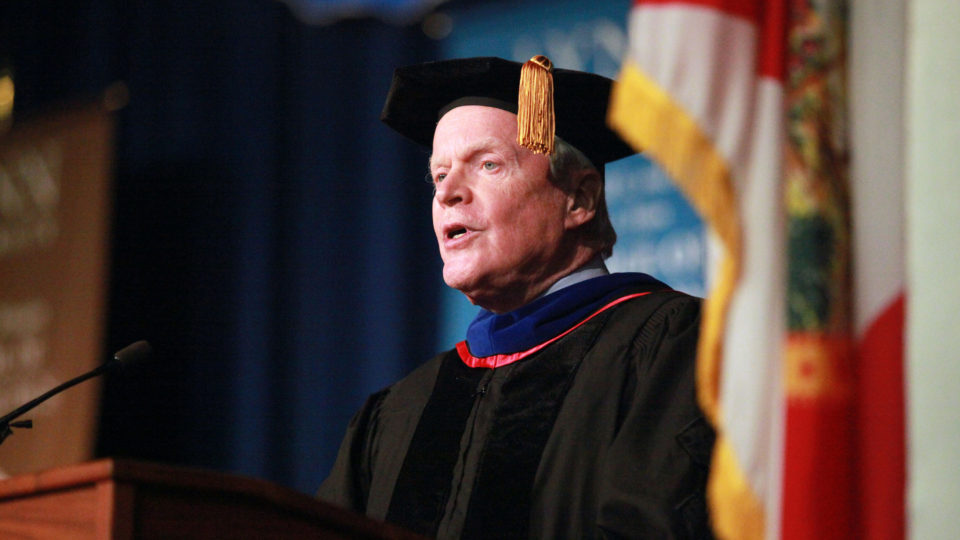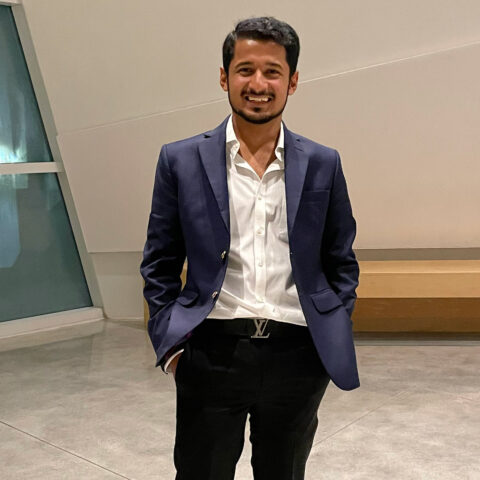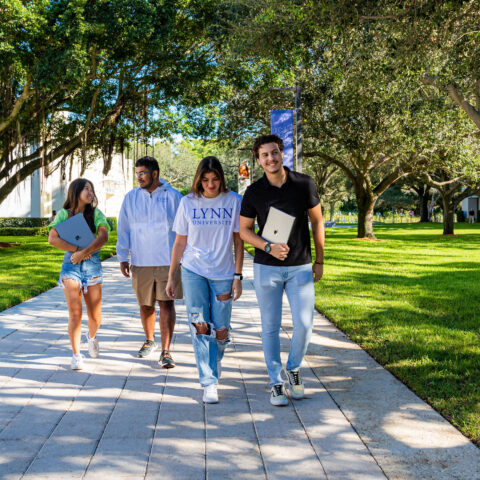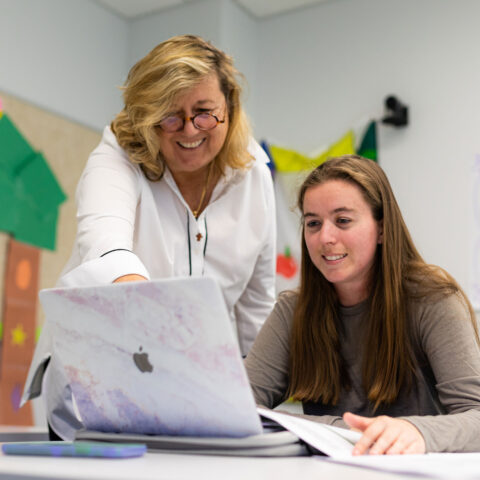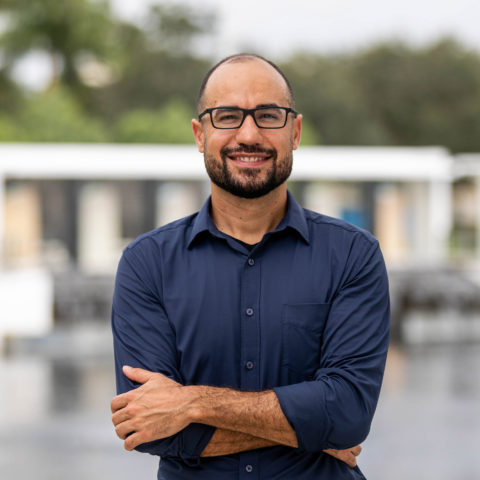Growing up was never stagnant for James Guthrie professor in the Donald E. and Helen L. Ross College of Education. “I am from everywhere,” he says. Guthrie is fairly new to Lynn, but his wisdom, compassion and patience have already made him a vital member of the community. He founded the Language Power Institute at Lynn, a nonprofit organization whose mission is to facilitate English language fluency among non-native speakers of English. Guthrie holds B.A., M.A. and Ph.D. degrees from Stanford University and did postdoctoral fellowships at Harvard University, Oxford University and the University of Southern California. Before teaching, Guthrie was manager of luxury hotels in Yosemite National Park, chairman of American Airlines’ board and presidential fellow for U.S. Presidents Lyndon B. Johnson and George W. Bush. He also was a White House speechwriter and principal author of the 1967 Public Broadcasting Act. Guthrie served as superintendent of public instruction for the State of Nevada; endowed professor of public policy and education and education school dean at the University of California, Berkeley; endowed professor of public policy and education at Vanderbilt University; and visiting Irving R. Melbo Distinguished Fellow at the University of Southern California.
What brought you to Lynn University?
Kevin Ross brought me to Lynn. He was about the most exciting doctoral student I ever had. I came because of his leadership and technological advancements, but now what claims my heart is the culture.
How would you describe your teaching style?
My teaching style has changed since I got to Lynn. The use of technology is now so pervasive. You can’t lecture. It’s a waste of everyone’s time. I turned myself into a Socrates. I learned to only ask questions.
What led you down your professional road—childhood dreams or family guidance?
I started off down a hospitality trail, but it was very quickly learned that everyone knew everyone too well. So, I reverted. I became a science teacher and high school principal. But, the most important thing at that junction was the assassination of JFK—I was so proud to be an American—he was the first president I voted for. So, I changed my trajectory and resigned from my job. I went to Stanford to get my Ph.D., which changed everything. This is what allowed me to work in the White House, and I began working in politics.
Could you describe yourself in three words?
I would like to be seen as energetic, inspirational and principled.
What has been your biggest professional or educational challenge?
I think my biggest challenge has always been to remember to treat everyone with dignity. That’s harder than it sounds. During my undergraduate years, my peer mentor said “everyone is someone,” and it made me think a lot about being compassionate and humble.
What is something that people would be surprised to know about you?
I held the broad jump record at Stanford for five years.
What is your favorite way to de-stress?
To binge-watch television series on Netflix. The Good Wife is my favorite.
If you could suggest only one book to all your students, what would it be?
There is not one book I suggest they all read—I make them read it: Washington Life by Ron Chernow.
If you could have dinner with any past or present person, who would it be?
I already had that dinner. It was my dream dinner with Bill Gates, and I couldn’t have asked for a more enlightening experience. If I had another chance, I think it would be with Margaret Thatcher. Gates changed the world that we live in, and Thatcher changed a whole nation.
